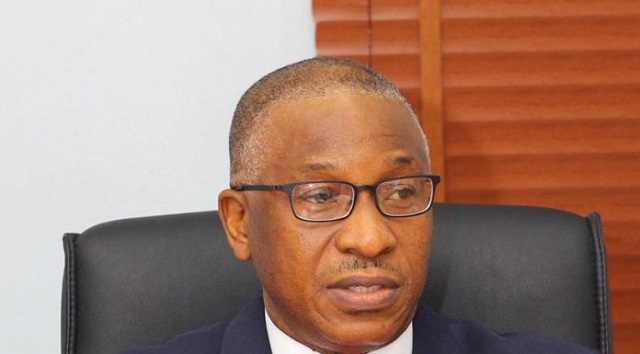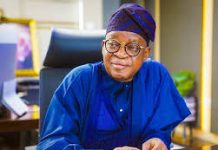The Director-General of the Bureau of Public Enterprises (BPE), Alex Okoh, has stated that the agency has penned down over 36 projects and transactions for concessioning this year across diverse sectors of the economy, including the power sector.
Okoh disclosed that among the projects listed are two free trade zones located in Calabar and Kano.
In June, Okoh stated that Nigeria’s free trade zones, if well harnessed, could generate foreign direct investment and manufacturing inflows like China.
The BPE boss made this known in his opening remarks at the investors’ webinar, organized by the bureau, in collaboration with the Nigerian Exchange Group and the Nigerian Investment Promotion Commission (NIPC) on Tuesday, saying that the planned concession would help the country save N5 billion annually.
READ ALSO: N15tn InfraCo Attracting Investors, Begins Operation Q3 – Emefiele
He further stated that the planned concession would grow export revenue from the two special economic zones to about $3 billion in five to seven years.
Also, part of the transactions and projects would include the sale and concession of power generation assets that would add about 3,300 megawatts to the national grid.
“The importance of power as an enabler for the economy and industrial activities across all sectors of the economy continues to attract strong focus and attention of the Federal Government,” he said.
“In the health sector, the reforms being undertaken by the bureau will involve the implementation of initiatives which will radically transform health care delivery across Nigeria.
“This will improve availability, accessibility, affordability and quality of health care services with the ultimate objective of having a physically and an emotionally healthy population.
“The impact of this is to unlock significant resources for the government to invest in other critical infrastructure as well as other key sectors of the economy creating job opportunities in the process.”
He also reiterated the government’s readiness to improve its PPP engagement framework to generate the confidence required to attract private sector capital into the nation’s infrastructure space.
Okoh said the webinar was organized to highlight investment opportunities offered by the government reforms and privatization programme as captured in the bureau’s 2021 work plan.
Also speaking, Zainab Ahmed, minister of finance, budget, and national planning, said Nigeria remained an economic hub in the African continent that is quite attractive, due to its population.
“It is, indeed, an investor’s delight despite our numerous challenges which the government is confronting, Nigeria remains a premium investment destination for both local and foreign investors in the African continent,” she said.
“As we all know, there is a direct correlation between risk and reward, the higher the risk, the higher the associated reward.
“The commitment of this administration under the leadership of his excellence Buhari was to have and to ensure that there is a decent and living standards for Nigerians to stimulate economic growth and to lift 100 million Nigerians out of poverty over the next 10 years.”












